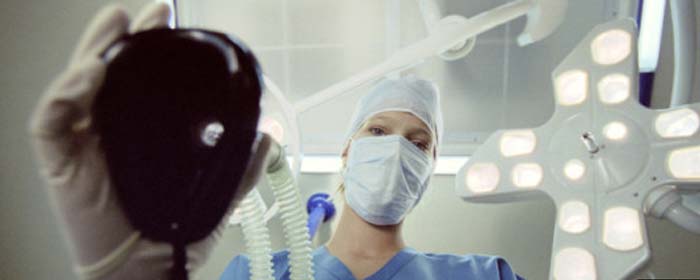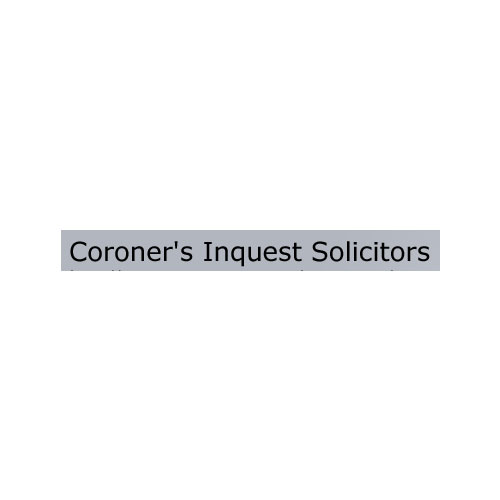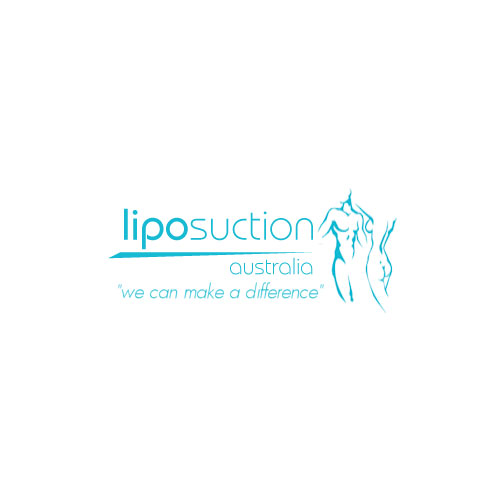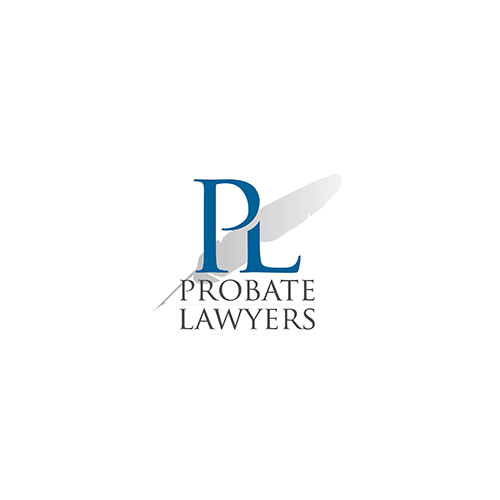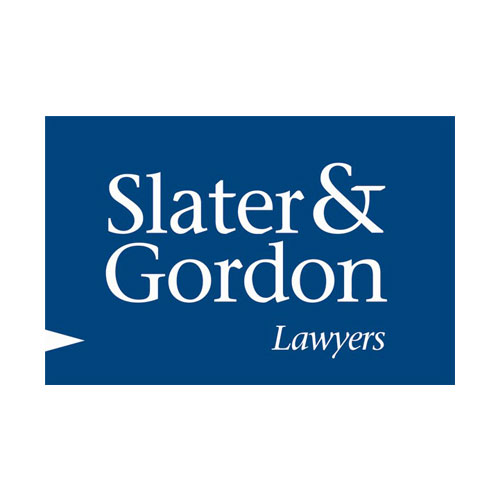Although no one wants to have to suffer the trauma of losing a loved-one, especially when the cause is supposed to have contributed to helping that person live, death by anaesthesia does occur.
Despite the best attempt by any doctor, some deaths are unavoidable and the risk of anaesthetising a person is always accompanied by possible mortality. The process of anaesthetising a person is extremely complex and should always only be performed by a medical professional and in a controlled environment. However even in spite of these precautions, complications can arise and fatality occur. In Australia, the laws governing medical practice as well as the insurance provided, accommodate for compensatory claims in the event of a death by anaesthetic. Although the circumstances are relevant, the comprehensive insurance laws require that the matter need not be proved in court, nor any negligence need be shown. Usually the practitioner and hospital, as well as the victim, are covered by comprehensive insurance products for the events of compensatory claims. The insurance provided will usually match the compensation required and the process is typically handled entirely by the insurance companies.
However cases could arise where the claimant seeks compensation greater than what is provided by the insurance. In cases of material damages or extra expenses, it may be upon the claimant to pursue the case legally. In these instances the claim must be formulated into a specific argument or type of claim. For instance, if the death is suspected to have been caused due to negligence, the claim will be one of medical negligence and malpractice. However the death is shown to be due to a criminal action, the case is then formed into one of criminal injury. These cases must be dealt with by a legal expert and preferably one who specialises in the relevant field.
Claiming
The type of claim you are pursuing will determine which route you should follow in order to claim compensation. If the death is accidental and you are claiming from an insurance policy, the first thing you will need to do is to check that there are no specific exclusions to the insurance policy that mean that death by anesthesia will not be covered. Next, you will need to gather any information that points to the death as an accident. You or your lawyer will have to engage with the medical professionals involved, and it is important to maintain a professional relationship with them as you will rely on their support in the investigation. You must then contact your insurance company and indicate that you wish to claim against the policy, giving the company a summary of what you know about the death. The company will look at your policy and confirm whether your loved one did have cover for death by anaesthesia and that a claim can be lodged. The company will help you lodge the claim and you can assist by providing as much information as you can. The insurance company will launch its own investigation before paying out, however due to the laws of the country, the company will pay the relevant compensation. This investigation can be lengthy and traumatic, but is necessary to protect the assets of the insurance company against wrongful claims. If the death by anesthesia is ruled accidental, and your loved one was covered for such an event, then you can expect a payout according to the payment schedule in the policy.
In Australia, the medical practitioner and hospital will also be covered by insurance and usually your insurance company will work closely with the opposing company. The laws in the country are in place to protect it's citizens from such events as well as cover them in the event of death. More often than not, the insurance companies will handle the entire process and you will need only provide any relevant information possible. You will not be required to seek any expert advice or representation and the process will not require any court proceedings. The laws in place allow for only limited compensation to be paid. The reason for this is that the infrastructure in place to prevent accidents like these occurring, is well maintained. In light of the extensive preventative measures in place, the compensatory packages are determined accordingly. The principle behind this is that because the preventative measures are so strong, the death could only have occurred due to unforeseeable circumstances or complications. Thus, the compensatory package must be limited to a reasonable amount as there was little anyone could have done to prevent the death, theoretically.
Cases may arise where it could be shown that a particular person or parties acted as a catalyst for the death. In these instances, the insurance companies will still pay the required compensation, however there may be cause for pursuing a legal case against the responsible party. If the death was deliberately caused, then a criminal case must be opened and the case will entail a murder trial. Despite the change in case, the compensation will still be paid out if the insurance is available.
In any claim of death by anesthesia, the insurance companies will organise and process the compensatory claim and package. There may however be excess damages you wish to claim for, or in the event no insurance is applicable, you may need to claim directly from the assets of the responsible party. In cases such as these, you will need to consult a legal expert who will be able to instigate the necessary proceedings. In claims against the party's assets, the case will have to be heard in a court and the evidence considered by a judge. These cases are extremely complicated and require in depth investigation and analysis. Always consult with the relevant authorities and experts before attempting to launch a claim.
Your compensation from an accidental death from anesthesia claim may be a determined and set lump sum. n Compensation for calculated cover loss of future earnings is also considered should it apply. Regardless the sum you are paid, you must bare in mind a few things. You could still owe the hospital and doctors payment for the treatment. As blunt as it may be, just because your loved one dies as a result of the anesthesia, it might not mean that the hospital will waive the fee for the operation, or hospital stay. You could be offered some leniency in terms of the time you are given to settle these bills, but you must always communicate with the accounts department and sign a payment plan. Always make sure you know what fees you owe lawyers or insurance brokers. Finally, get some good financial advice on how to invest and save the sum you are paid. The money should be invested in a way that it benefits you in the difficult years ahead and sustains your needs.
